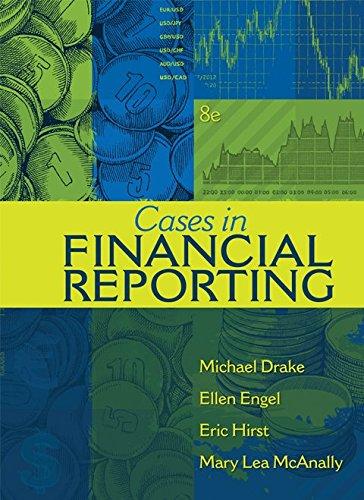Swaps are financial contracts between parties to exchange cash flows at specified times and are based on an underlying asset's value. Swaps allow companies to match the variability of its interest payments with that of its cash flows. This helps to: Increase risk Decrease risk Consider the case of Company A and Company B: Company A - Company A is a financing company. - Company A has 30\% debt in its capital structure, out of which 55% is floating-rate debt indexed to the LIBOR (London interbank offered rate). - Company A financed company C and earns a fixed interest of 8% per annum. - Company 8 is a bank. - Company 8 gives its depositors an average of 6% fixed return on the 10 mailion certificates of deposit in the bank. - The bank lends money to corporations at floating rates indexed to the LIBOR. The financing company agrees to pay fixed-rate obligations to the bank, and the bank pays the financing company a floating-rate payment based on UBOR. Company A and Company B enter into an interest rate swap agreement with each other for three years. Six months into the contract, UBOR decreases by 0.50%. Which of the two companies will benefit from the protection that the swap provides? Compary B Company A This is because earns floating interest that is indexed to the LBOR but has to pay fixed interest on its debt. So if LBOR decteases. the company earns less but will have to pay the same interest on its debt. Because the companies got into an interest rate swap in which would pay the other company a foxed interest rate, a decrease in LBOR would mean more interest earnings from the swap in the form of fixed interest that balances the decreased eamings from the floating interest rate. This is because earns floating interest that is indexed to the LIBOR but has to pay foxed interest on its debt. So if LBOR decreases, the company earns less but will have to pay the same interest on its debt. Becouse the companies got into an interest rate swap in which would pay the other company a fixed interest rate, a decrease in LIBOR would mean more interest earnings from the swap in the form of fixed interest that balances the decreased earnings from the floating interest rate. Another kind of swap is a credit default swap. A credit default swap (CDS) is a contract that transfers credit risk from one counterparty (protection buyen) to another counterparty (protection selier). Which party pays fees to the other party so that the insurer makes the payment toward the debt to the lender when the borrower defaults? Protection seller Protection buyer









